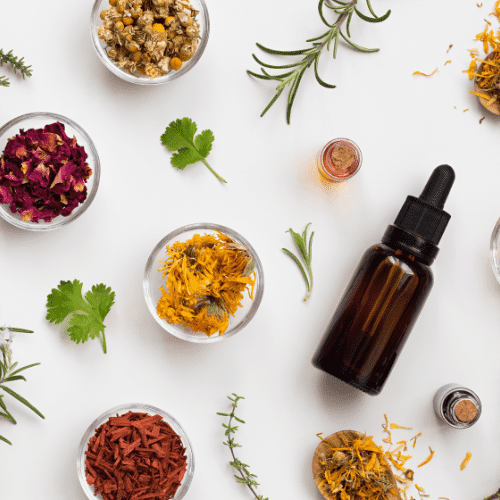Introduction: Aromatherapy, the practice of using essential oils to promote healing and well-being, has gained significant recognition in recent years. It has been acknowledged for its potential in supporting emotional and mental well-being. This article presents final remarks on the contribution of aromatherapy to the recovery of emotional and mental balance, highlighting its benefits, limitations, and future prospects.
Benefits of Aromatherapy:
- Stress and Anxiety Reduction: Aromatherapy has shown promising results in reducing stress and anxiety levels. Essential oils such as lavender, chamomile, and bergamot have calming properties that can help promote relaxation and alleviate emotional tension.
- Mood Enhancement: Certain essential oils, like citrus oils (such as lemon and orange), peppermint, and rosemary, are known for their uplifting properties. Aromatherapy can help improve mood, boost energy levels, and combat symptoms of depression.
- Sleep Improvement: Many individuals struggle with sleep-related issues, such as insomnia or restless sleep. Aromatherapy with oils such as lavender, valerian, and chamomile can aid in promoting a restful and rejuvenating sleep environment.
- Emotional Support: Aromatherapy can provide emotional support during challenging times. Essential oils like ylang-ylang, rose, and frankincense have been associated with promoting feelings of calmness, harmony, and self-acceptance.
Limitations and Considerations:
- Individual Variations: The response to aromatherapy can vary from person to person. Factors such as personal preferences, sensitivities, and overall health can influence the effectiveness of the treatment. It is essential to consider individual differences when using aromatherapy for emotional and mental balance.
- Complementary Approach: Aromatherapy should be viewed as a complementary approach rather than a standalone treatment for emotional and mental health. It can work synergistically with other therapies, such as counseling, meditation, and exercise, to achieve optimal results.
- Safety Precautions: While essential oils are generally safe when used appropriately, caution must be exercised. Some oils may cause skin irritation or interact with certain medications. It is crucial to consult a qualified aromatherapist or healthcare professional before incorporating aromatherapy into your wellness routine.
Future Prospects: The field of aromatherapy continues to evolve, with ongoing research exploring its potential applications and effectiveness. As more studies investigate the impact of specific essential oils on emotional and mental well-being, we can anticipate further insights into their mechanisms of action and targeted uses.
Additionally, the integration of technology and aromatherapy is gaining traction. Innovations such as diffusers with customizable settings, mobile applications for personalized aromatherapy routines, and wearable devices are emerging to enhance the accessibility and effectiveness of aromatherapy.
Conclusion:
Aromatherapy has demonstrated promising contributions to the recovery of emotional and mental balance. Its ability to reduce stress, enhance mood, improve sleep, and provide emotional support make it a valuable addition to holistic wellness practices. While recognizing its limitations and adhering to safety precautions, incorporating aromatherapy into a comprehensive self-care routine can contribute positively to one’s overall well-being. As research continues to shed light on its potential and innovations unfold, the future of aromatherapy looks promising in supporting emotional and mental health.




